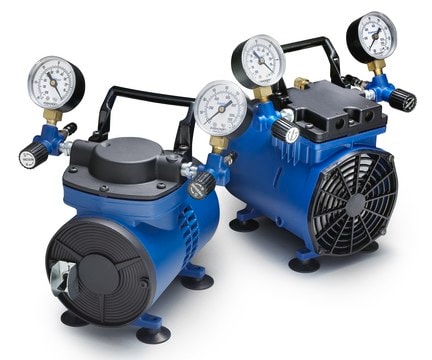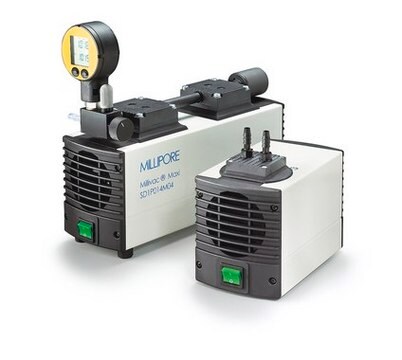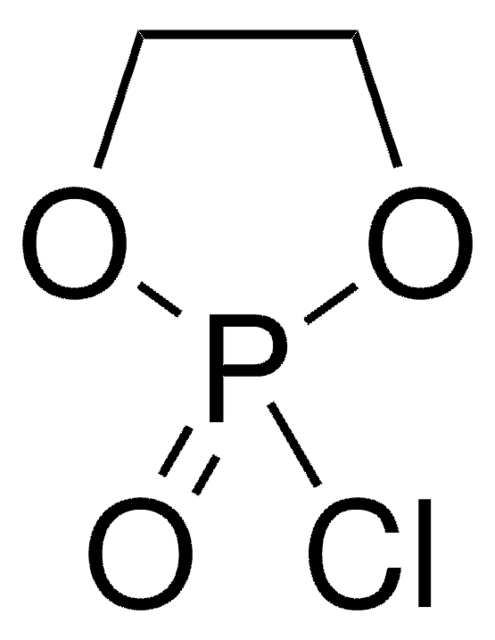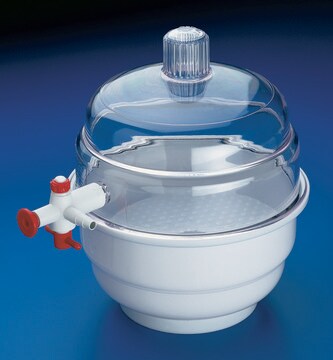939625
Ethyl ethylene phospholane monomer
Sinónimos:
2-Ethoxy-1,3,2-dioxaphospholane 2-oxide, Ethyl ethylene phophate
About This Item
Productos recomendados
form
liquid
Quality Level
color
colorless
storage temp.
−20°C
SMILES string
O=P1(OCCO1)OCC
InChI
1S/C4H9O4P/c1-2-6-9(5)7-3-4-8-9/h2-4H2,1H3
InChI key
IUVGGESEBFJHPK-UHFFFAOYSA-N
General description
Application
- Polymer synthesis: This monomer is used as a building block to synthesize biodegradable and biocompatible polyphosphoesters
- Nanocarrier development: Polymers synthesized from the ehtyl ethylene phospholane monomer create efficient nanocarriers for drug delivery and gene therapy, including for use in targeted and controlled release of therapeutics
- Hydrogel fabrication: This monomer can be used to develop polymers for tissue engineering applications, offering scaffods with excellent biocompatibility and potential for cell growth and regeneration
Features and Benefits
- Biocompatible and biodegradable: Through ring opening polymerization (ROP) of ethyl ethylene phospholane monomer, it is possible to synthesize polymers used in biomedical applications that are cell compatible and degrade over time
- Thermoresponsive behavior: In aqueous solutions, this monomer exhibits a lower critical solution temperature (LCST), making it responsive to changes in temperature, expanding its potential in controlled release system
- pH-responsive degradation: The resulting polymers can be designed to degrade at specific pH levels, allowing for targeted release of encapsulated substances
- Water soluble: This monomer enables the synthesis of water-soluble polymers, facilitating their incorporation into various aqueous formulations The biomedical research grade ethyl ethylene phospholane monomer opens the door to advanced biomaterials and provides researchers and developers with a powerful tool to create biocompatible and customizable polymers for a range of applications in biomedical research.
related product
Storage Class
10 - Combustible liquids
wgk_germany
WGK 3
flash_point_f
Not applicable
flash_point_c
Not applicable
Elija entre una de las versiones más recientes:
Certificados de análisis (COA)
It looks like we've run into a problem, but you can still download Certificates of Analysis from our Documentos section.
Si necesita más asistencia, póngase en contacto con Atención al cliente
¿Ya tiene este producto?
Encuentre la documentación para los productos que ha comprado recientemente en la Biblioteca de documentos.
Nuestro equipo de científicos tiene experiencia en todas las áreas de investigación: Ciencias de la vida, Ciencia de los materiales, Síntesis química, Cromatografía, Analítica y muchas otras.
Póngase en contacto con el Servicio técnico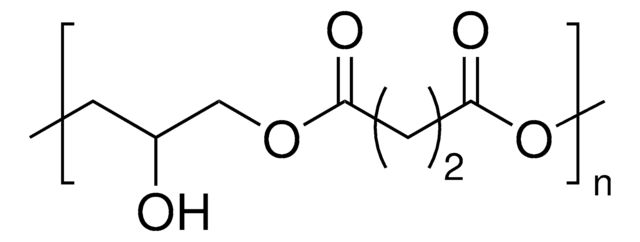
![N-[2-(2-Hydroxyethoxy)ethyl]methacrylamide contains MEHQ as inhibitor](/deepweb/assets/sigmaaldrich/product/structures/303/296/5f2feb4f-b8ea-4219-b495-50d1f731c523/640/5f2feb4f-b8ea-4219-b495-50d1f731c523.png)

